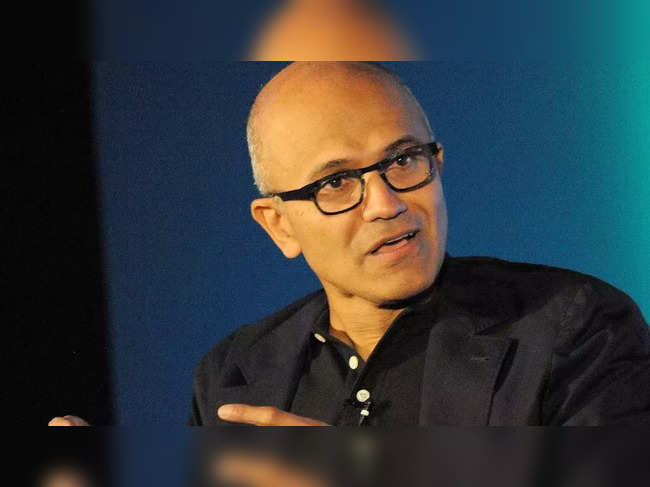 Agencies
AgenciesThe Federal Trade Commission has asked a judge to stop the proposed acquisition because, it argues, it would give Microsoft, maker of the Xbox console, exclusive access to Activision games, which include the highly popular "Call of Duty." That would leave Nintendo and Sony Group out in the cold, the FTC has said.
"I grew up in a company that always believed that software should run on as many platforms as possible," he said.
Asked if Microsoft would have any incentive to refuse to allow the games on Sony's PlayStation in order to sell more of its Xbox consoles, Nadella responded, "It makes no economic sense and no strategic sense."
To address the FTC concerns, Microsoft has agreed to license the blockbuster "Call of Duty" to rivals. It has also argued that it is better off financially by licensing the games to all comers.
Discover the stories of your interest

The FTC has asked Judge Jacqueline Scott Corley in San Francisco to temporarily stop the deal from closing in order to allow the agency's in-house judge to decide the case. In the past, the side that lost in federal court often conceded and the in-house process was scrapped.
The FTC, which enforces antitrust law, has taken a harder line on mergers during the Biden administration to protect consumers from being disadvantaged by powerful corporations.
Much of the testimony in the trial has focused on Activision's "Call of Duty," one of the best-selling videogames of all time.
Activision CEO Bobby Kotick testified earlier on Wednesday that if Microsoft bought his company and blocked other gaming platforms from offering "Call of Duty," it would alienate many of the 100 million monthly active users and hurt its popularity.
"You would have a revolt if you were to remove the game from one platform," said Kotick, who added that it was vital to offer the game across multiple platforms, including consoles, mobile phones and personal computers.
Kotick argued there was no incentive for Microsoft, if it closes the deal for Activision, to restrict who offers the company's games. For example, he said that removing "Call of Duty" from Sony's PlayStation would be "very detrimental" to Activision's business.
He also acknowledged that the deal, which he said earlier on Wednesday he wants "very much" to close, would result in his personal shares being valued at over $400 million.
The deal has won approval from many jurisdictions but has been opposed by the FTC in the United States and Britain's Competition and Markets Authority.
















 Get Unlimited Access to The Economic Times
Get Unlimited Access to The Economic Times
